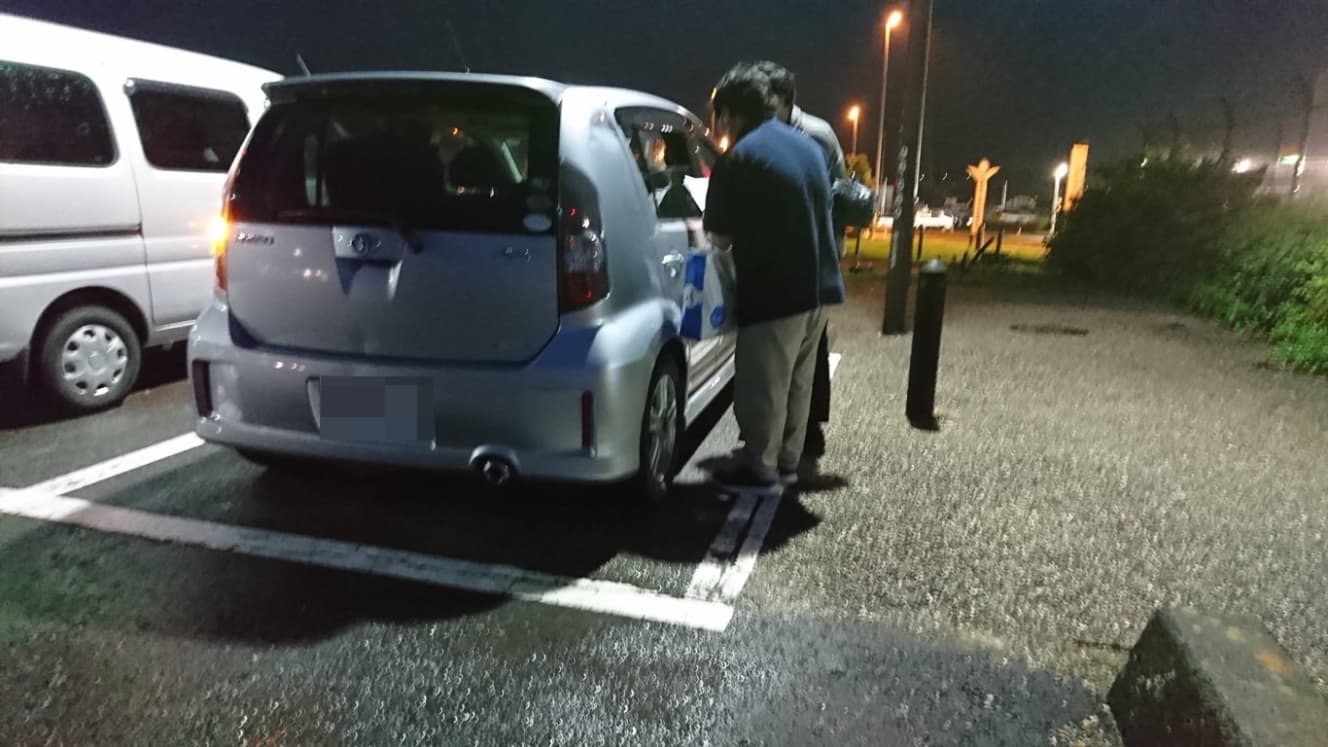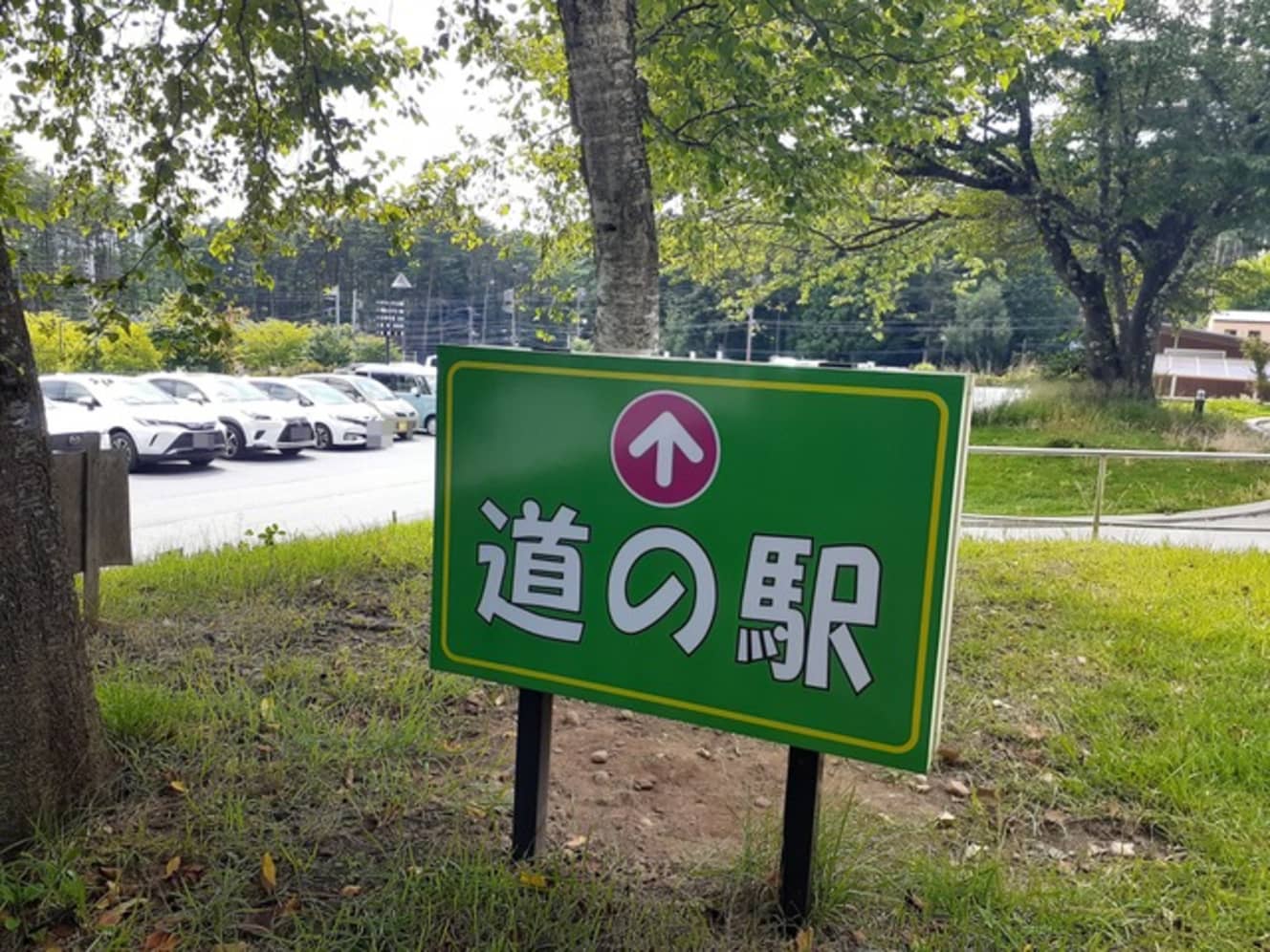Forced To Live in a Car With His Children Due to his Wife’s Abuse and Debt
Nonfiction writer Kota Ishii takes a close look at the reality of the "Young Homeless," young people who have lost their homes!

People who have reached a point in their lives where they have to live in their cars are called “car dwellers.” In rural areas, they are said to be more common than people living on the streets.
As we have seen in the “Young Homeless” series, there are not only middle-aged and elderly people in Japan today, but also many people who are living in cars. young people in their 20s and even women in their twenties or younger. As we have seen in this series, “Young Homeless,” the reality is that in Japan today, not only middle-aged and older people, but also young people in their 20s and even women as young as 20 years old can easily lose their homes and become homeless.
But, surprisingly, this living in cars sometimes involves small children who are minors. What is happening in Japan today?
I would like to introduce how a child ended up living in a car.
Kan’ichi Yamabe (a pseudonym) was working as a factory worker at a town factory in Aichi Prefecture, Japan, after graduating from high school, through an acquaintance. His father was a violent man, and after he left home, he was as good as insulated.
He had been divorced at the age of 29. He remarried at age 29 to a 19-year-old woman.She was a former cast member of a local cabaret club. Soon after, a boy was born, but his wife became a childcare neurotic and stopped doing housework.
Kanichi enrolled his son in daycare to lighten his wife’s load. However, his wife’s problematic behavior was noticeable, such as not taking their son to and from daycare because she said it was too much trouble, or not changing his diapers at all. When Kanichi criticized her, she began to abuse their son as if out of anger.
He would tell Kanichi, “Your wife is in debt upto 4 million yen.”

The couple’s relationship gradually deteriorated, and they began cursing each other whenever they saw each other. One day, during a quarrel, his wife took out a knife and said, “Kill this child, and I will die with you.”
Kill this child and I will die with you!
Kanichi took the blade and stopped her, but she had been cutting her wrist before their marriage, and he thought it was dangerous to the leave mother and the child alone. He then quit the factory and took a job in the shipping business, allowing his young son to ride in the car with him during the day. She made sure he was never left alone with his wife at home. He withdrew his son from daycare.
One day, some strange men came to the house. They said to me.
“Your wife owes us 4 million yen. You must pay us all back immediately.”
Without Kanichi’s knowledge, his wife had gotten involved in black market money.
I can’t get involved with her any more. Kanichi made up his mind and decided to divorce her. However, his wife was ill, and he was no longer connected to her parents’ family. Instead of getting custody, Kan’ichi decided to leave the apartment to his wife and move out.
Kan’ichi had paid most of his savings to a black-market money firm, so he began living in a van he had, sleeping and waking up with his children. He had always taken his child in the car during his delivery work, so the psychological hurdle was low. Since he was in the car with his son throughout the day, it was the difference between going straight to bed at night or going back to his apartment.

Kan’ichi says.
“My original plan was to rent an apartment once I had enough money. But I got sick while living in the car. My children sleep during the day and wake up at night. I couldn’t sleep, and I had to have a simple surgery because of pus in my buttocks, probably from sitting too much. My income decreased because my delivery job was on a commission basis, and I couldn’t find a company dormitory where I could stay with my child, so I ended up living in my car for a long time,” he says.
I found myself living in the car for nearly a year. However, he thought that he would not be able to support himself if he stayed in the car and, more importantly, that it would hinder his child’s growth, so he shamelessly consulted a childhood friend, who agreed to rent him a room until he could get on his feet. He spent about six months there and was able to rent an apartment.
This case will illustrate how a completely unexpected cause can lead to living in a car.
From Kan’ichi’s point of view, it seems that he found himself living in a car because of his wife’s neurosis about raising their child, abuse, and debt. In addition, his poor health has unexpectedly led to a prolonged period of time in which he has been living on the road.
10% of those who receive assistance are…

POPOLO, a non-profit organization that supports the needy in Shizuoka Prefecture, has been providing assistance to those living in cars for many years since its establishment in 1985. It continues to make nightly rounds for those living in their cars.
POPOLO is based in Fuji City, Shizuoka Prefecture, and the relationship between the needy in the area and those living in cars is inseparable. As we will see later, despite the fact that people living in their cars are difficult to support, approximately 10% of the people currently supported by the organization are living in their cars. Despite the fact that, as we will see later, people living in cars are difficult to support, approximately 10% of the people the organization currently supports have lived in cars.
Kazuki Suzuki, POPOLO’s executive director, says that there are many factors in rural areas that make living in a car a prolonged experience. In Suzuki’s words, “Public transportation is weak in rural areas.
In rural areas, public transportation is weak, so the car is one of the lifelines. Even if buses and trains are running, they often do not work to fit in with work hours. So there is a sense among people that they cannot find work without a car. That’s why some people don’t give up their cars until the last minute, even if they are having trouble making ends meet. So when they lose their housing, they end up living out of their cars.”
For people living in rural areas, a car is something they should keep with them as long as possible, and losing it means disconnection from society.
Suzuki continues, “People living on the streets have to stop using their cars.
“People living on the streets use roadside stations and 24-hour supermarkets 24-hour supermarkets, and 24-hour supermarkets, 24-hour laundromats, and convenience stores. roadside stations, 24-hour supermarkets, 24-hour laundromats, and convenience stores. This is probably because they can use the restroom and because it is relatively safe to park their cars there. In addition, some roadside stations have large multipurpose toilets and hot springs, so it is easy to make a living.
Safety and toilets are essential when staying in a car. Speaking of places where you don’t want to be conspicuous, but there are people nearby, you can’t go wrong with a 24 The most popular places to stay in a car are 24-hour stores. As for roadside stations, they are 24 hours a day. As for roadside stations, they also serve as 24-hour rest areas for drivers, so toilets and parking lots are open even after hours, attracting a certain number of people.
What kind of life do these people lead in their cars, and why do they remain invisible and inaccessible to assistance? This is the distorted structure of Japanese society.
In the second part of this report, “The Raw Reality” of People Living in Cars, we will take a closer look at this.

Part 2: 40% of those who have disappeared…the “ raw reality” of those living in cars.
Interview and text: Kota Ishii
Born in Tokyo in 1977. Nonfiction writer. He has reported and written about culture, history, and medicine in Japan and abroad. His books include "Absolute Poverty," "The Body," "The House of 'Demons'," "43 Killing Intent," "Let's Talk about Real Poverty," "Social Map of Disparity and Division," and "Reporto: Who Kills the Japanese Language?
Photo: Courtesy of POPOLO, a NOP corporation Reuters/Afro